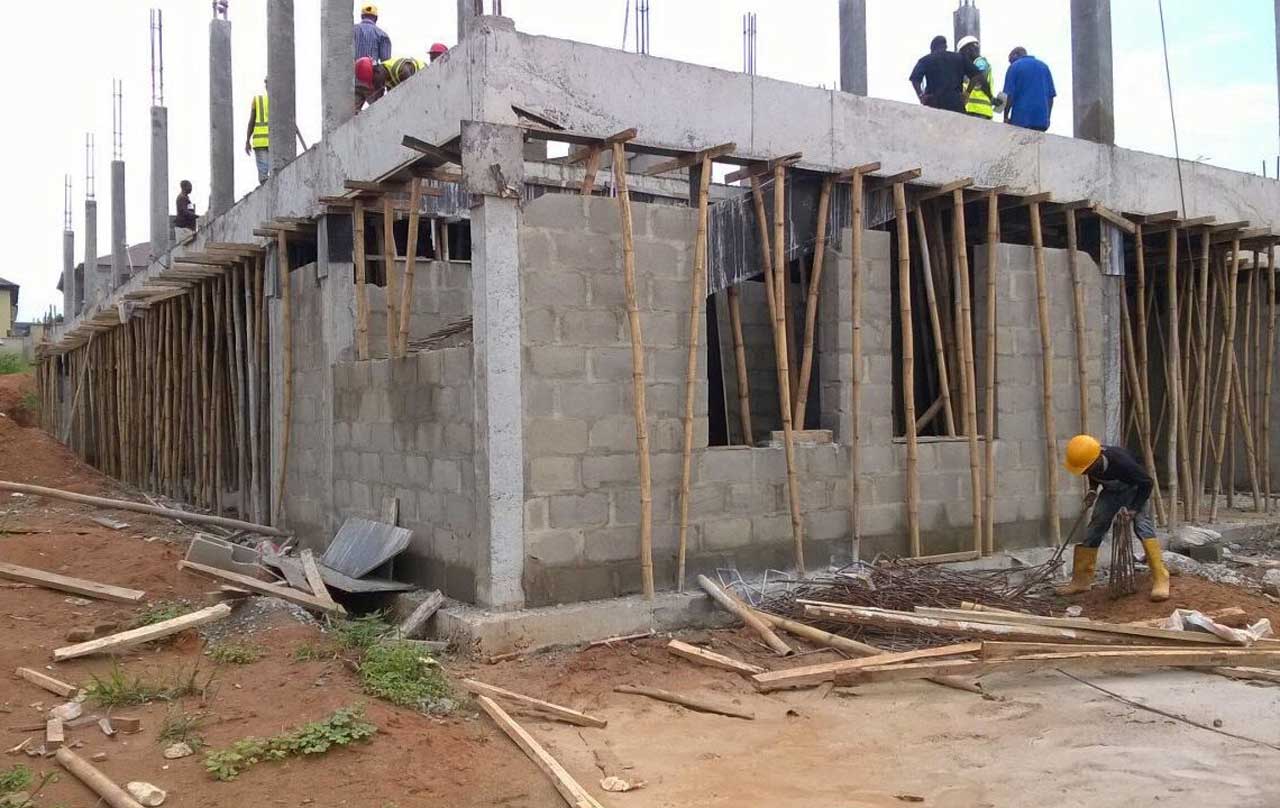Innovation is reshaping how Nigerians build, cutting costs and delays in construction.
Inflated prices, delays in the supply chain, unreliable middlemen. These have long been the hassles for many trying to build a house in Nigeria.
Builders struggle to source affordable quality building materials, and homeowners wait weeks on end for materials that sometimes never arrive. Diaspora investors lose trust in projects back home.
Build Africa, a new ambitious platform, is attempting to address this problem, with the sole mission to bring fairness, transparency and efficiency into construction.
Its dual-platform powerhouse, which helps track the real-time prices of building materials, enables buyers to engage directly with manufacturers.
By supporting more than 10,000 housing units across the country, Build Africa joins an array of initiatives tackling Nigeria’s construction and housing bottlenecks.
The Lagos State Real Estate Regulatory Authority (LASRERA), for example, fosters credibility in the property market by regulating developers, monitoring housing schemes and protecting investors from fraud.
The agency further ensures that transparency in building material sourcing is matched by trust in land acquisition and housing transactions.
Financial institutions have also stepped in to ease the burden of high construction costs. Mortgage banks such as the Federal Mortgage Bank of Nigeria (FMBN) and private lenders are increasingly offering cooperative housing finance schemes that allow groups of individuals pool resources to access affordable loans.
These financing mechanisms offer low- and middle-income Nigerians cost-effective models for their housing projects. This synergy between finance and procurement is helping reduce the burden on ordinary Nigerians who dream of owning a home.
Additionally, platforms like RentSmallSmall, though focused more on rentals, have demonstrated the impact of technology on inefficient housing processes.
Build Africa’s AI-powered co-builder takes this one step further by generating cost estimates, material quantities and 3D designs for projects, allowing for more precision and less wastage.
Combined with government-backed digitalisation of land registries, these tools promote transparency in the construction chain, minimising cases of fraud while accelerating project delivery.
Grassroots construction models
Across many rural areas, cooperative housing societies have allowed groups of workers to acquire land, split costs and oversee construction collectively. These grassroots models address affordability challenges while fostering accountability among members.
With platforms like Build Africa providing reliable sourcing and price visibility, such cooperatives can avoid exploitation from middlemen and put their limited funds to even greater use. Along with a sense of ownership, the model deepens social cohesion among members.
Build Africa’s growing impact illustrates how innovation can unravel the complexities of Nigeria’s construction industry. By combining its real-time sourcing tools with AI-powered design and expanding its network across the country, the platform is positioning itself as a marketplace and as a community builder.
Summary not available at this time.






